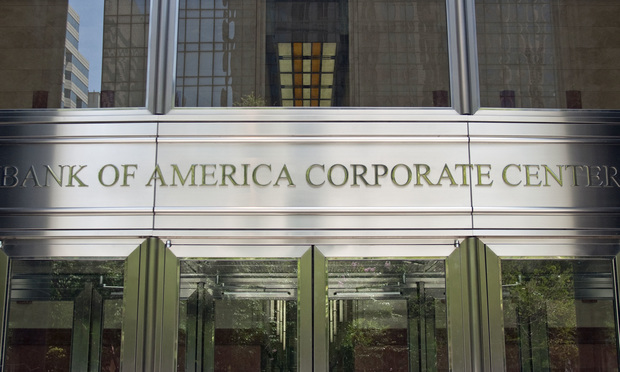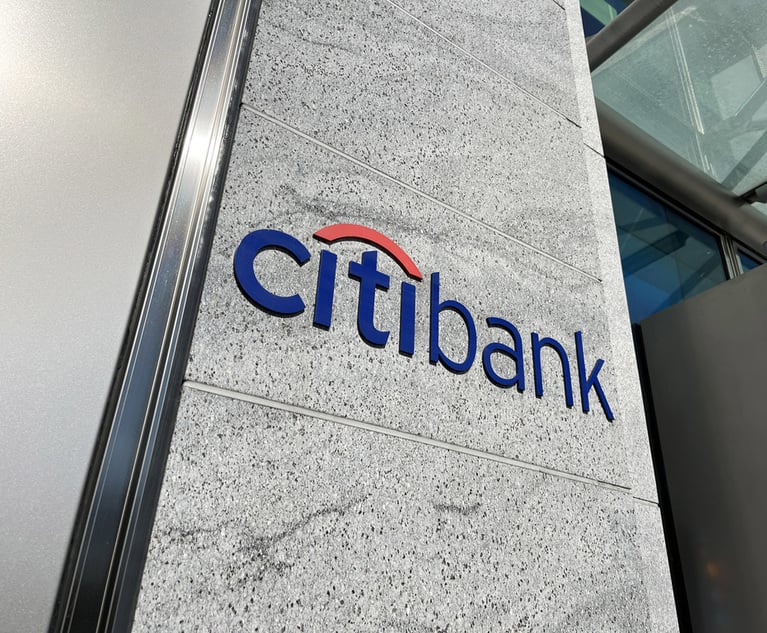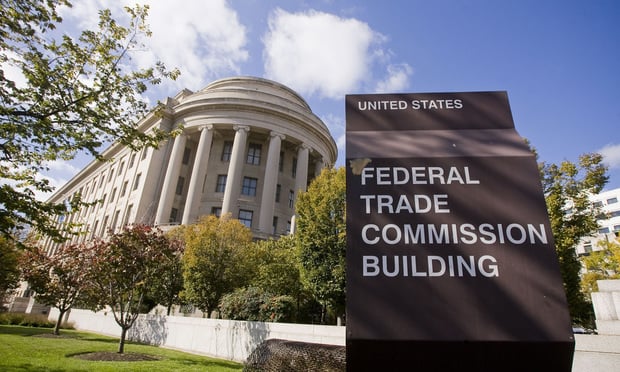A federal judge declined to grant an order that would impose requirements on Bank of America’s application process in the $349 billion loan program to small businesses.
In her ruling Monday, U.S. District Judge Stephanie Gallagher of the District of Maryland concluded that the CARES Act had no implied private right of action allowing plaintiffs to bring the class action.










